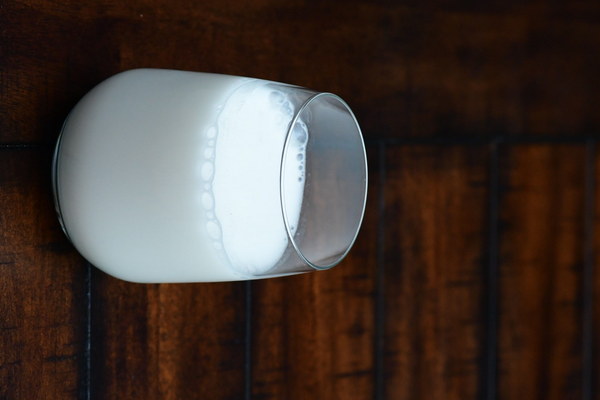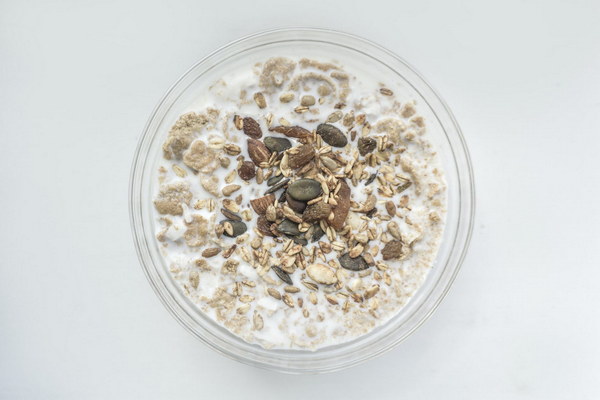The Truth Behind Sweating Can It Really Detoxify and Expel Dampness
In recent years, the belief that sweating can help expel dampness and detoxify the body has gained significant traction in online forums like the Sweating Can Excrete Dampness and Detoxify? BBS. This article aims to delve into the scientific evidence behind this claim and clarify whether sweating is indeed an effective method for promoting health and well-being.
The Concept of Dampness and Detoxification in Traditional Chinese Medicine
The concept of dampness is deeply rooted in Traditional Chinese Medicine (TCM), where it is believed to be a common cause of various ailments. Dampness is thought to be a type of internal imbalance that can lead to conditions such as fatigue, weight gain, and even more serious issues like arthritis or edema. Detoxification, on the other hand, refers to the process of removing toxins from the body, which can be achieved through various methods, including sweating.
Can Sweating Detoxify and Expel Dampness?
From a TCM perspective, sweating is considered a natural way to release excess dampness from the body. However, does this translate to scientific fact? Let's explore the evidence:
1. Perspiration and Toxin Removal: While sweating does help the body regulate its temperature, it does not have a direct role in removing toxins. The primary function of sweat is to cool the body by evaporating on the skin's surface. Toxins are typically eliminated through other means, such as the liver, kidneys, and intestines.
2. Sweating and Dampness: The belief that sweating can expel dampness is more speculative. While it is true that excessive sweating can lead to dehydration, which can exacerbate dampness symptoms, there is no scientific evidence to suggest that sweating itself can directly expel dampness from the body.
3. Benefits of Sweating: Despite the lack of direct evidence supporting the idea that sweating can detoxify and expel dampness, there are still potential health benefits to regular sweating. Exercise-induced sweating can help improve cardiovascular health, enhance mood, and regulate blood pressure.
How to Use Sweating for Health Benefits
If you're interested in using sweating to improve your health, here are some tips:

- Exercise Regularly: Engage in regular physical activity to encourage sweating. This can be anything from a brisk walk to a more intense workout.
- Maintain Hydration: Ensure you drink plenty of water before, during, and after exercise to stay hydrated and prevent dehydration.
- Monitor Your Body: Pay attention to your body's response to sweating. If you experience excessive sweating or dehydration, consult a healthcare professional.
Conclusion
While the idea that sweating can expel dampness and detoxify the body is popular in TCM and some online forums, the scientific evidence does not fully support this claim. Sweating is primarily a cooling mechanism for the body and does not have a direct role in removing toxins or dampness. However, regular exercise and sweating can still offer a range of health benefits. It's important to approach health claims with a critical eye and consult with healthcare professionals for personalized advice.









